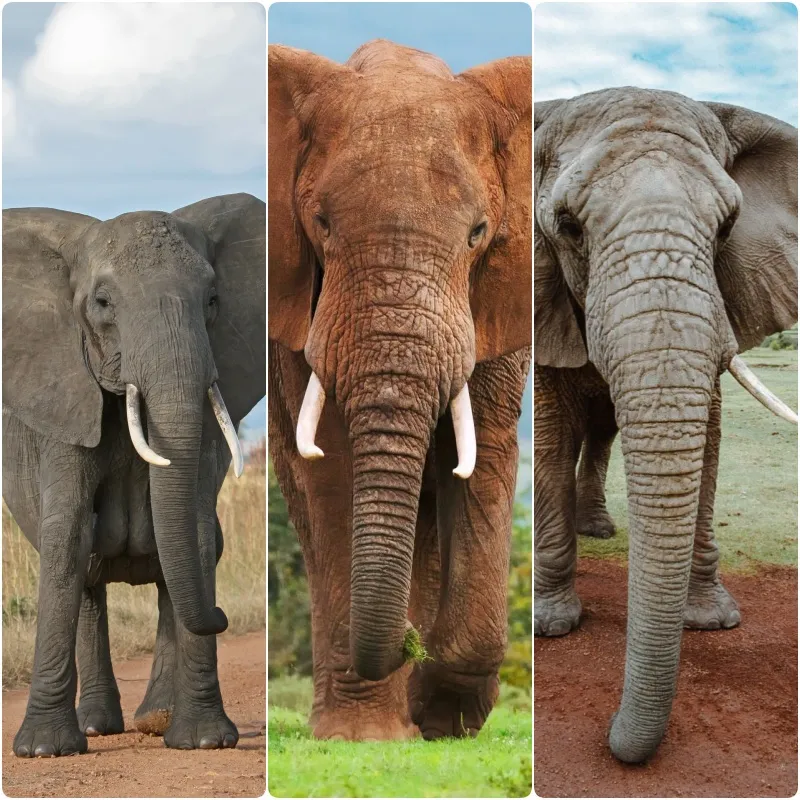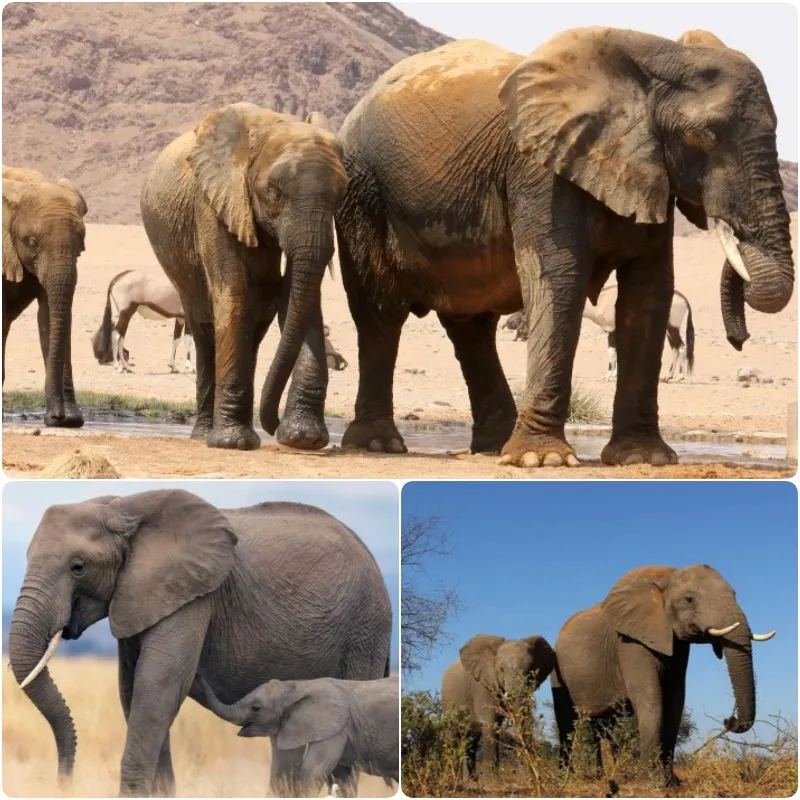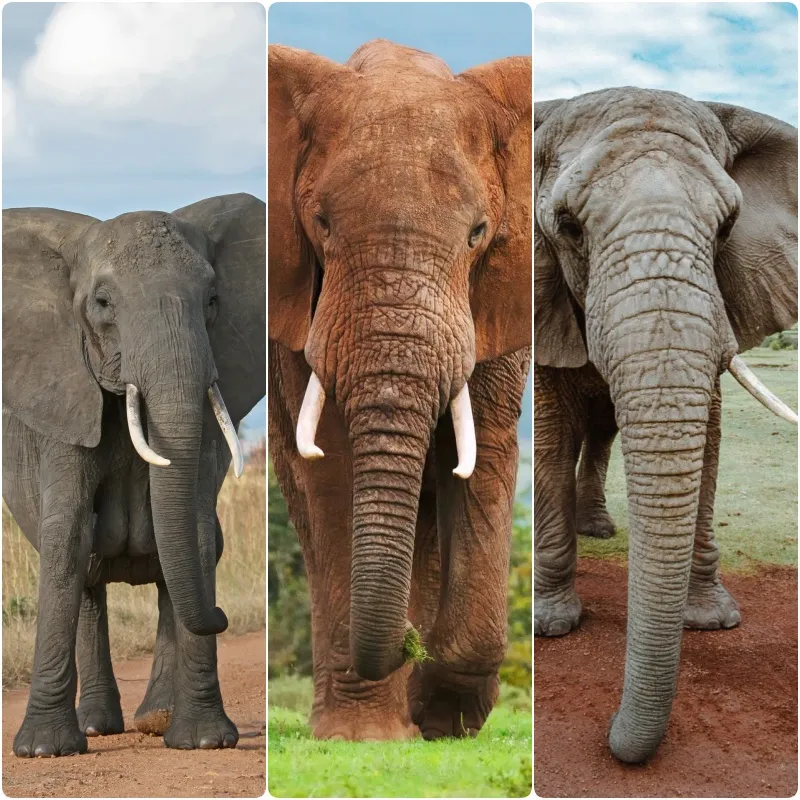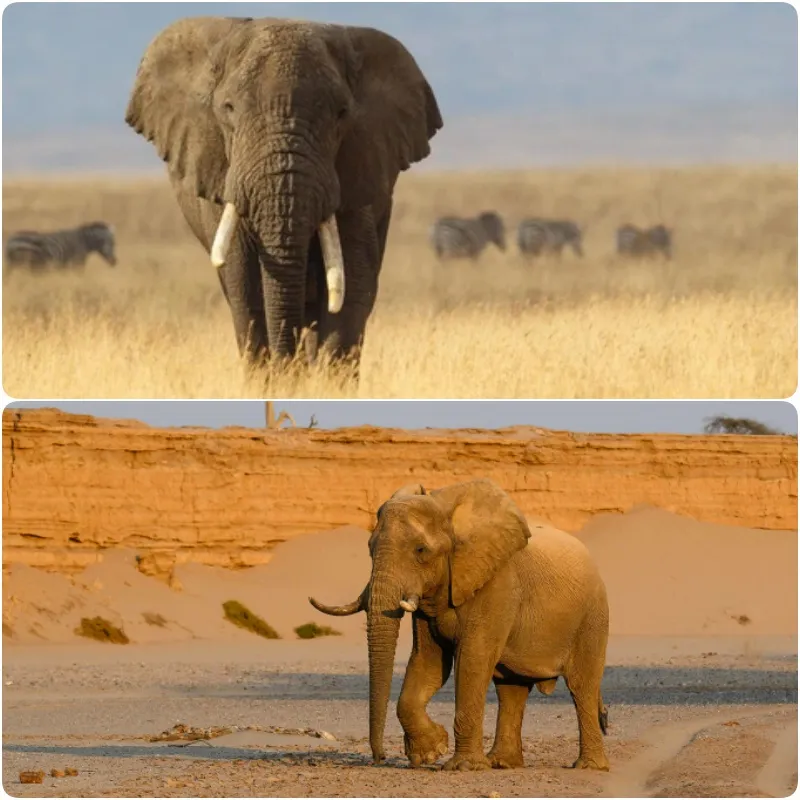
Namibia Plans to Cull Over 80 Elephants to Distribute Meat to Citizens
Namibia, an African nation, is currently facing a severe food crisis due to the worst drought in a century. To help its citizens through these difficult times, the Namibian government has made a controversial decision: to cull 83 elephants along with numerous other wildlife species to distribute meat to those who are suffering from hunger.

Earlier this week, Namibia’s Ministry of Environment, Forestry, and Tourism announced a plan to hunt over 700 wild animals. This initiative is not only aimed at providing meat to people facing food shortages but also at alleviating pressure on dwindling water resources in areas where wildlife populations are overwhelming. In the face of extreme drought, elephants and other animals often have to travel further to find water and food, increasing the risk of conflict between wildlife and humans.

Under this plan, professional hunters will be authorized to cull 83 elephants, along with 30 hippos, 60 buffaloes, 50 impalas, 100 wildebeests, and 300 zebras in national parks and traditional hunting areas. These regions, where wildlife populations are excessively large, pose a threat to limited resources during the dry season.
The program is already underway, with over 150 animals having been culled, providing nearly 55,000 kilograms of meat to the population. Namibia’s Ministry of Environment, Forestry, and Tourism stated that this meat has helped many families survive during this period of food scarcity.

Namibia declared a state of emergency in May this year due to the severe drought. It is estimated that about half of the country’s population, approximately 1.4 million people, are facing food insecurity as crop yields have been heavily impacted by the drought.
Namibia is also home to over 200,000 elephants, one of the largest elephant populations in the world. However, the drought has severely affected this population, causing a significant decline in numbers in recent years. Last year, hundreds of elephants were reported dead due to a lack of water, further highlighting the urgency in protecting and managing the nation’s natural resources.






